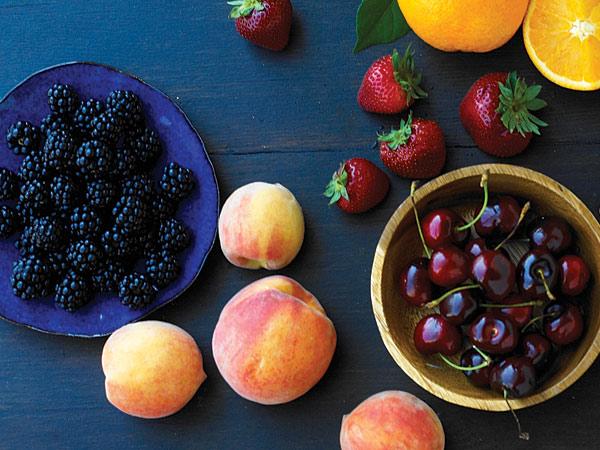By Olivia Janisch
1. Cook once, eat twice
Cooking new meals every day can be time consuming, so cook enough food at dinnertime so that you can modify it a little bit for the next day and have it for lunch. This saves money and time, and ensures you’ll be eating something healthy and enjoyable!
2. Buy (mostly) organic
Yes, organic food is more expensive, but you’re paying for more nutrients and less chemicals. What’s the point of eating all those veggies if you’re not getting the best from them anyways? Organic foods have a much higher percentage of minerals and nutrients than non-organic as their soil hasn’t been destroyed and stripped by pesticide use. By eating organic you also reduce your ingestion of chemicals that can be harmful to your brain, fertility and organs.
Certain produce, like apples and berries, are more heavily affected by pesticide use, while others like onions and avocados are less affected. Be aware of these and try and buy organic where you can.
3. Buy local
The distance food travels to get to grocery store aisles has serious consequences for the environment and for our health. Do your best to buy seasonally and shop at farmers markets and co-ops to help reduce the environmental impact of food transportation.
4. Drink water 20 minutes before eating, and not until 20 minutes after eating
When we drink while we eat it makes it hard for our stomachs to properly release the digestive enzymes we need to break down food. Because we’re not able to break the food down properly it rots in our digestive tracts and isn’t effectively used for energy. This also contributes to bloating, abdominal discomfort, and lethargy after a meal. If you feel you need to drink while you eat, try taking small sips of water instead of gulping.
5. Sprinkle ground flax seeds on your meals
A large majority of the US population is fiber deficient. Ground flax seeds are an excellent way to fortify your meals with fiber to help with digestion and promote healthy liver function. They’re also a great source of Omega-3 EFAs and don’t change the flavor of your meal, so go ahead and enjoy them plentifully!
6. Cook with coconut oil
Coconut oil is an excellent source of omega 3 essential oils. These are extremely important for our metabolism, memory, prevention against depression and anxiety, skin health, heart health and more. It can be very sweet at first so use it with veggies that are already a little sweet like squash, onions and carrots. It’s also a lot more stable than fruit oils like olive oil so it can handle high temperatures very well.
Photo: Prevention.com


Write Your Comment
Leave a comment